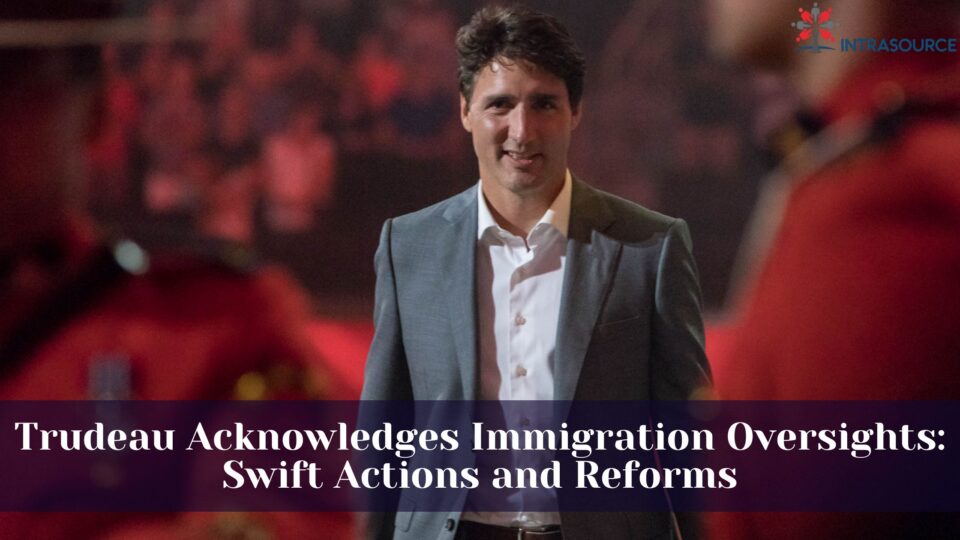Prime Minister Justin Trudeau recently acknowledged that his government was slow in addressing certain flaws within Canada’s immigration programs. Admitting that external entities exploited these schemes, Trudeau revealed significant policy changes designed to tackle these issues effectively.
Trudeau’s Admission and Context
In a recently released YouTube video, Prime Minister Justin Trudeau opened up about Canada’s pandemic-era immigration strategy. Following the COVID-19 pandemic, the country increased immigration to boost its labor market and prevent a looming recession. Nonetheless, Trudeau confessed that these measures could have been recalibrated sooner as some “bad actors” took advantage of these programs for profit.
Exploitation by Corporates and Educational Institutions
Trudeau specifically pointed fingers and blaming at large corporations for manipulating immigration systems for financial gain. Additionally, he criticized certain colleges and universities for exploiting international student programs to increase revenue. Scammers, too, have been on the radar for offering false promises to hopeful immigrants.
Policy Changes and Goals
Responding to these challenges, Canada has rolled out policy shifts aimed at trimming down permanent resident admissions significantly. By 2025, the target is set at 395,000—a nearly 20% drop from this year’s anticipated 485,000. Additionally, the admission rates for temporary residents—including international students and foreign workers—will also see cuts. The disbanding of the fast-track study visa program is particularly notable, affecting many international students from India.
These measures are part of a larger strategy to address housing crises and rising cost-of-living concerns in Canada. Trudeau explained these cuts are needed to stabilize population growth while housing stocks catch up before potentially ramping up immigration numbers again.
Political Hotbed Ahead of the 2025 Election
Amid declining poll numbers as the 2025 election nears, Prime Minister Trudeau’s Liberal government is under increasing scrutiny regarding its immigration policies. There is a growing public and political concern that the surge in immigration may be exacerbating Canada’s affordable housing crisis and contributing to inflationary pressures. Once celebrated globally for its welcoming stance towards newcomers, Canada is now witnessing rising skepticism about its immigration practices. Anti-migrant sentiments and related incidents have become more prevalent.
In response to these challenges, the government forecasts that reducing immigration levels could narrow Canada’s housing supply gap by approximately 670,000 units by 2027. This policy shift reflects an attempt to balance national economic needs with public demand for more accessible housing.
With housing shortages and cost-of-living pressures mounting, Canada is recalibrating its immigration policies in response to past oversights. While necessary for stabilization, these decisions carry implications for individuals reliant on Canadian immigration pathways.


